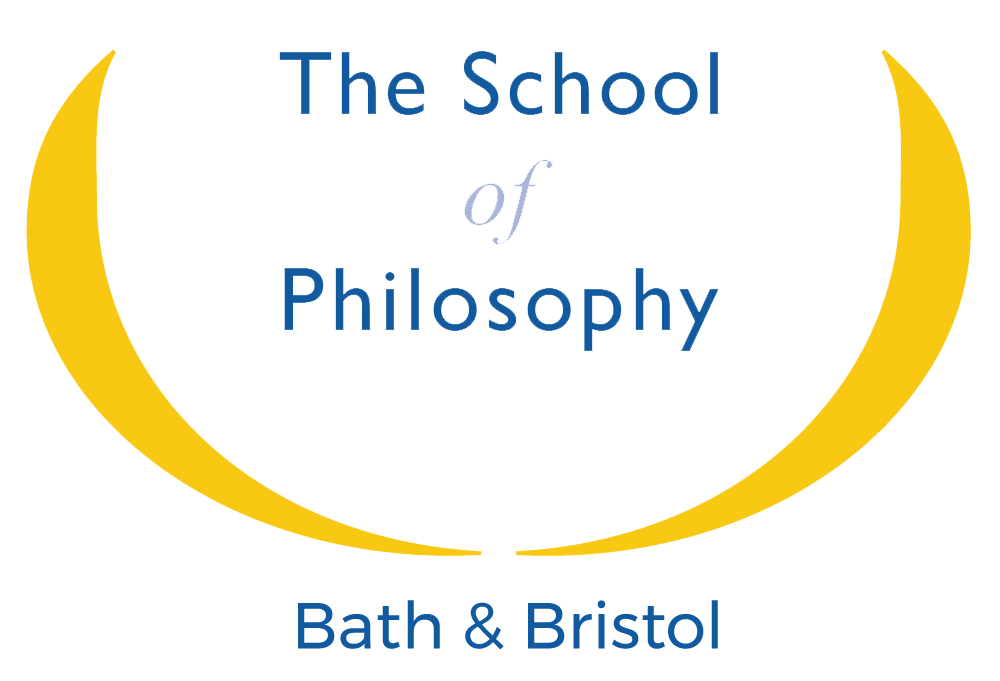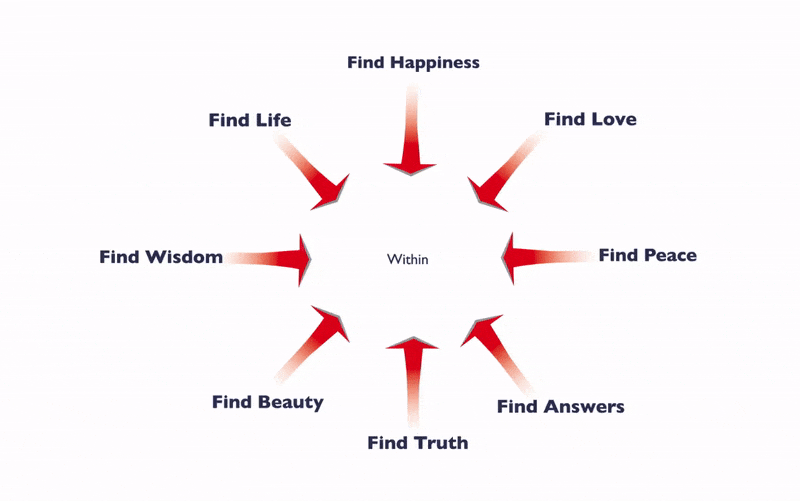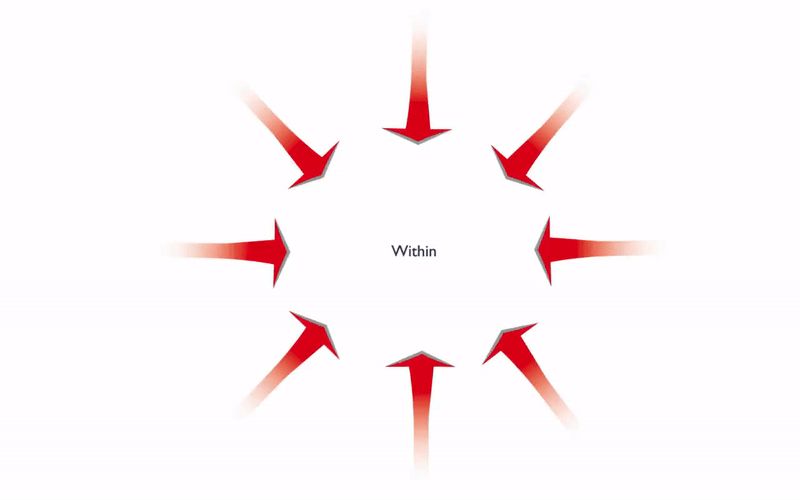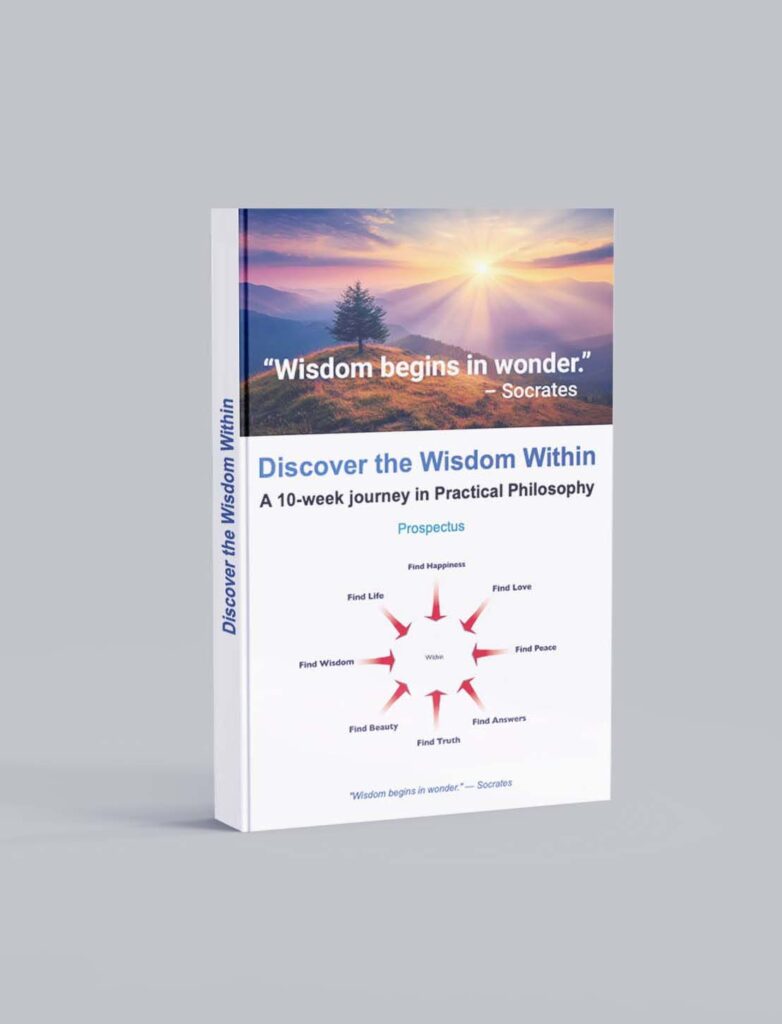Practical Philosophy
from East & West
The Course encourages students to live mindfully in the present moment and apply wisdom in everyday life.
By engaging in philosophical exercises, reflections and discussions, students share experience and insights, promoting personal growth and awareness. This may also lead to more holistic and ethical living.
The course is conducted in a nurturing, collaborative environment and is open to all; no previous knowledge is needed.
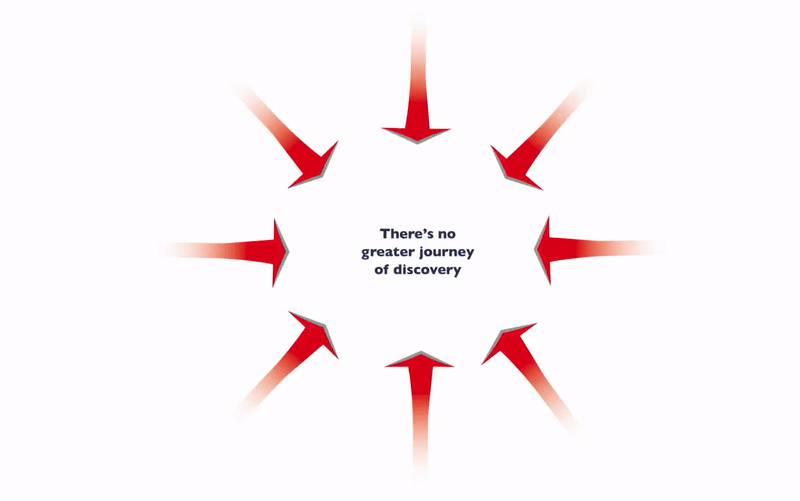

“...I am benefiting greatly ..."
“...I am benefiting greatly from the content and the practical nature of it. Thank you, it is enriching my life.”
